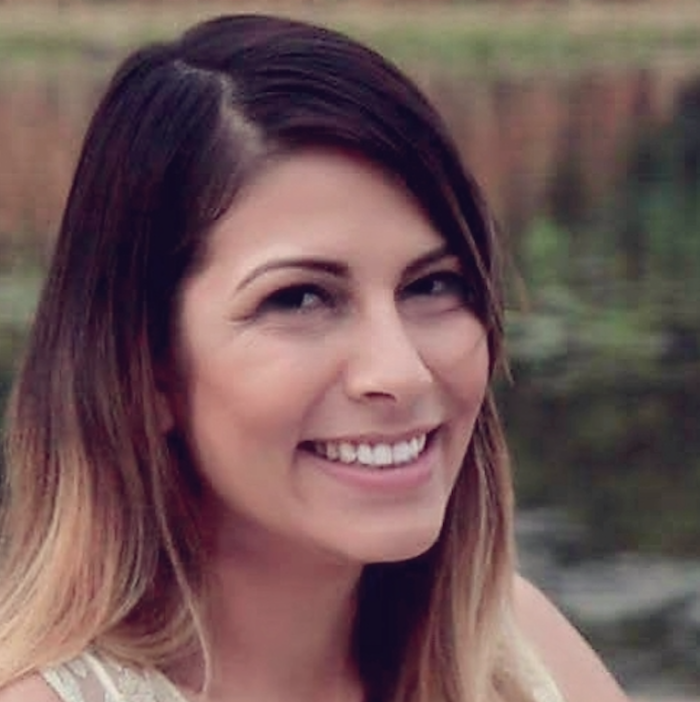Victoria Roman

Victoria Roman
Bachelor of Arts 2011, International Affairs & Geography
Victoria Roman is a law student at the University of Maryland. In addition to balancing law school and raising an 11-month-old, she volunteers with animal rescues, works with children in the foster care system as a Court Appointed Special Advocate, and travels. She also enjoys bouldering and kayaking.
--
What excites you about the work you do? I have the opportunity to directly affect high-needs communities by building relationships with families and stakeholders and by raising student achievement for some of our lowest-served populations. I hope to go to law school to continue this work outside of the classroom by crafting policy and by advocating for children.
What is the most significant career experience you've had so far, and what made it meaningful to you? I taught English to newcomer refugee students in Baltimore city. My job wasn't just to raise test scores, although the result of capacity-building did that. My job was to recognize that each data point had a name, a story and an aspiration for the future. My kids, their parents and the community I served held me accountable every day to help close the opportunity gap. I learned to embrace challenges, to be humble in the process and to trust in the community I was there to support.
How did GWU and the UHP prepare you for your professional journey? In what ways has your career evolved since you graduated from GWU? I have such great memories of my time at GW and the UHP! The UHP helped me write my Fulbright essay and stay abreast of the whole process. I also got to do a lot of neat internships in D.C. that other college students elsewhere wouldn't have had a chance to do. Overall, though, I think the best way GW prepared me for life was through the wonderful relationships I had with my professors. I still am in contact with my former professors who support me to this day. In a lot of ways, my career path has stayed the same. I do less warfare studies (although JAG is an option I am considering) and more conflict negotiation with first graders. I think the biggest evolution was with my personal growth. In college I wanted to make broad, sweeping changes, but through my experiences abroad, in the classroom, and just through life, I've learned that change is more meaningful when it is organic and locally-driven. I still want to lead a life of servant leadership and to fight against systemic injustices, but now my idealism is more pragmatic.
Advice for current UHP students: Use a planner (an actual one that you write in). Be humble; no one cares that you were the president of student government after you graduate. Get to know your professors as people and don't be nervous asking for letters of recommendation. Enjoy your time, spend moments with friends (outside of Gelman), and let go of anything that doesn't serve you.

